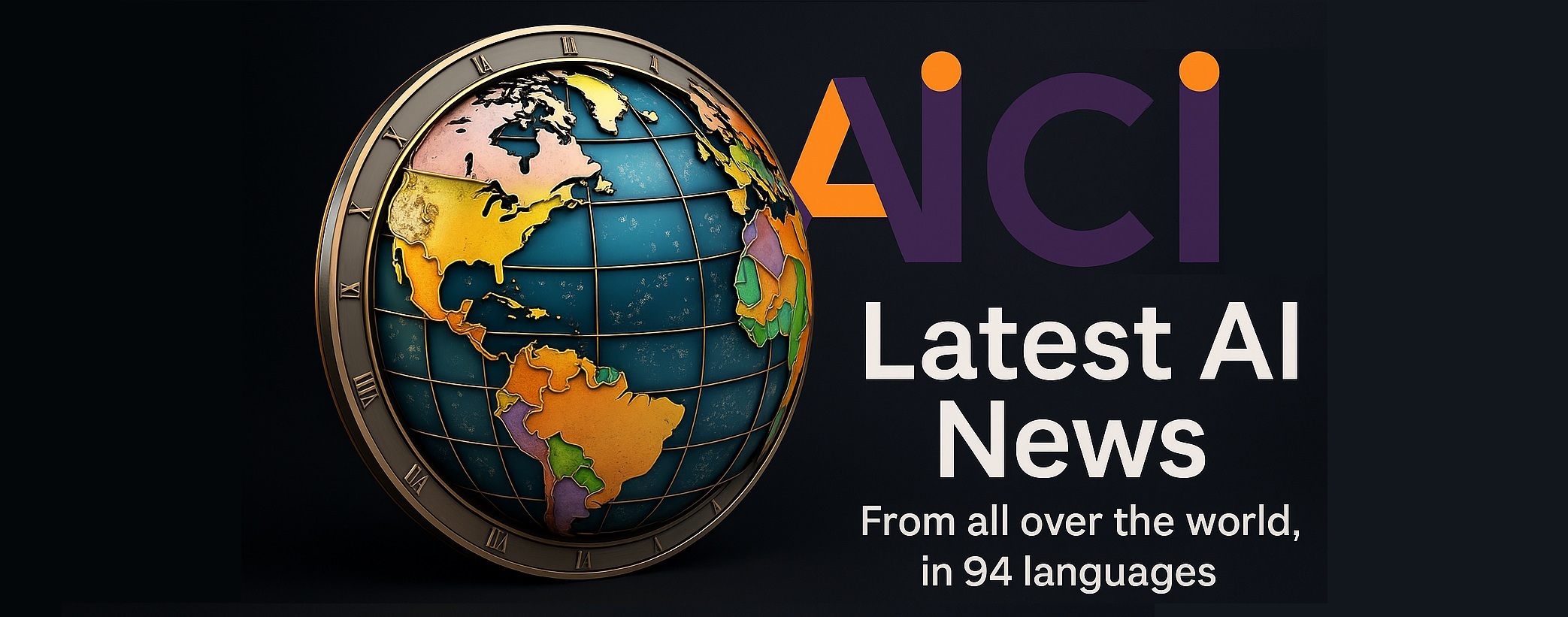August 1, 2025 - Elon Musk’s technology empire has formally committed to the European Union’s voluntary AI code of conduct, marking a pivotal shift in his stance on regulatory oversight. This agreement, confirmed by the European Commission, requires xAI and X to implement transparency protocols for AI-generated content and conduct fundamental rights impact assessments ahead of the EU AI Act’s full enforcement. The development signals growing acceptance among major tech players that structured governance is unavoidable, particularly after Meta and Microsoft’s recent AI-driven market surges intensified regulatory scrutiny.
Under the code, signatories must establish risk management systems for high-impact AI deployments and disclose synthetic media indicators to combat deepfakes. Thierry Breton, European Commissioner for the Internal Market, stated: 'This voluntary framework ensures AI innovation aligns with European values without stifling progress.' The commitment follows weeks of closed-door negotiations where Musk reportedly conceded to EU demands regarding data provenance and model safety testing. Full details of the agreement are documented in the European Commission’s official briefing, which emphasises alignment with the AI Act’s risk-based approach.
This compliance reflects a broader global trend where regional regulations increasingly shape AI infrastructure development. The EU’s strategy—using its single market as leverage to set de facto international standards—has prompted similar frameworks in the UK and Canada, though the US remains fragmented in its approach. As generative AI models permeate critical sectors from healthcare to finance, the pressure mounts for cohesive governance that balances innovation with ethical safeguards. Notably, this move coincides with Microsoft’s $4 trillion market cap milestone, underscoring how regulatory certainty can fuel investor confidence in AI’s commercial viability.
Our view: Musk’s concession, while pragmatic, validates that responsible AI development requires proactive governance rather than reactive fixes. The EU’s code-of-conduct model offers a flexible alternative to rigid legislation, but its success hinges on consistent enforcement and global adoption. Companies should recognise such frameworks as enablers of trust—not obstacles—particularly as foundation models evolve toward more autonomous decision-making.

beFirstComment